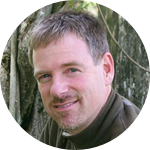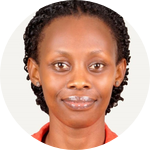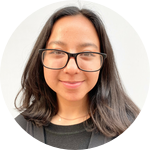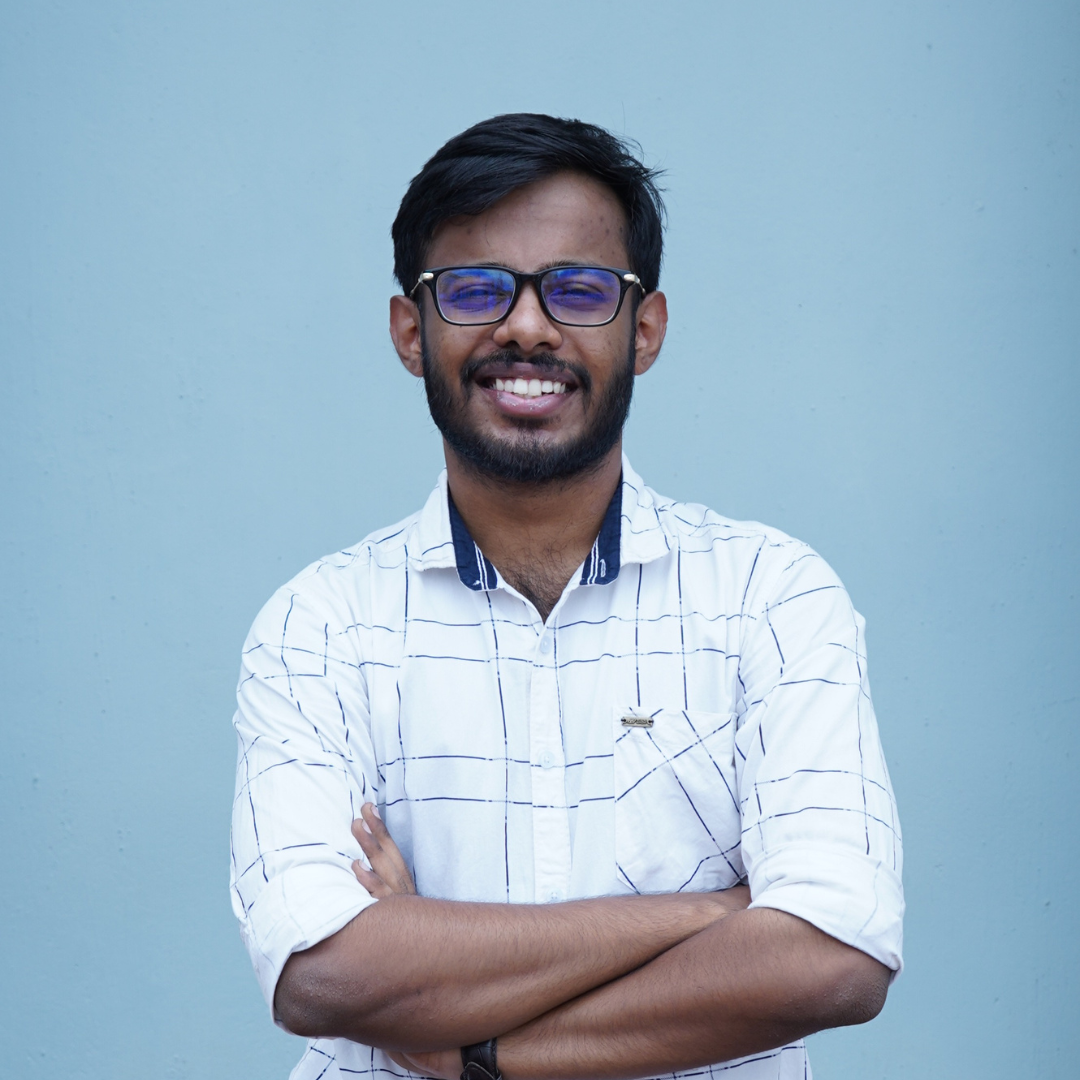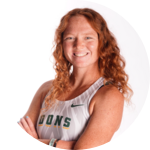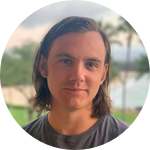About This Project
Our experiment is assessing the impact of digital financial game on women’s financial wellbeing. The game will mimic women's financial decisions on investment, saving, credit and risk taking. To assess gender effects in women's learning, we shall study women playing alone vs playing with men. The countrywide financial inclusion surveys- the FinScope studies indicate that compared to men, women have limited future financial security strategies.
Ask the Scientists
Join The DiscussionWhat is the context of this research?
The focus on women in Uganda is premised on a number of reasons. In the labor market, women are subjected to lower pay compared to men irrespective of their skills and experience. Socially, they play the role of caregiving and with their meagre earnings, they are more susceptible to severe financial consequences. Women are one of the special groups targeted by various financial literacy initiatives in the country yet, there has not been an impact assessment of these initiatives’ social, economic and financial well-being. Also, the mechanisms through which the various financial literacy initiatives improve financial wellbeing of women remain unclear.
What is the significance of this project?
This study contributes to the previous financial literacy trainings and gamification studies. We focus on interactive learning conducted in small manageable teams (5 members per team). This is usually not the case in passive financial literacy trainings where many participants are usually clumped in class-room settings given lecturer sessions on finances. Unlike previous experimental games in financial literacy trainings, this study will allow team members to be reshuffled per session to encourage collective decision making and effectively monitor financial behavior. We believe that without unpacking the extent to such initiatives have on groups like women leaves the financial education mission unaccomplished.
What are the goals of the project?
The study will employ a randomized control trial to assess the impact of financial literacy on Ugandan Women’s financial well-being. We are measuring financial outcomes through previously used indicators to measure financial well-being, vulnerability, literacy, and behavior. These include the existence of savings, preparation for emergencies, spending within a person’s income, timely bill payments, ability for a household to plan ahead, and ability to achieve financial goals. Some of these indicators may be adjusted to conform to the norms of Uganda. The study will be restricted to the greater central region which hosts the capital city, as well as of most women entrepreneurial activities in the country.
Budget
The field coordinator with help to mobilize the participating women groups, organize a conducive environment where the experiment will be conducted. The coordinator will be compensated for participant recruitment in the six selected districts from central Uganda, she will work with the parish local council leaders (LC2) to access the lists of women groups in each selected parish. Enumerators will help in the data collection process and data cleaning. Research participants will be rewarded with a small incentive to agreeing to participate in the study, commensurate with their day's work. I will need to cover the results' dissemination exercise, through paying research publication fees and facilitating conference presentations.
Endorsed by
 Project Timeline
Project Timeline
A baseline study will be carried out in June 2023 to capture basic demographics and collect information on the current status of our independent and dependent variables. The endline survey will be carried out immediately after the end of the treatments in July 2023 to capture the immediate change (if any) in women’s financial wellbeing as a result of participating in the experimental games.
Mar 23, 2023
Project Launched
May 28, 2023
The pilot study will be carried out to test how the games would work as intended in the real world and to make room for any adjustments.
Jun 12, 2023
A baseline survey will be collected to understand the demographics and current status of independent and dependent variables.
Jun 19, 2023
A digital gaming experiment will be conducted in five different districts in small groups of five, totaling to 4,025 participants.
Jul 24, 2023
An end line survey will be held to capture similar variables in the baseline survey to understand if there's any difference after the experiment.
Meet the Team
Team Bio
The project team is made up of development economics students at the university of San Francisco (USF). They have participated in social science experiments both in the USA and beyond. Also, the team is guided by two professors at the USF Wydick and Hobbs who have led successful experiments. Visit their bios below for details.
Bruce Wydick | University of San Francisco (usfca.edu)
Andrew Hobbs | University of San Francisco (usfca.edu)
Ester Agasha
My interest in social development began when I started living with my grandfather at an early age of four. This introduced me to local way of life through grazing livestock, dealing in barter trade, saving through “merry go rounds” where women share development ideas at village meetings in my community in Uganda. Through these engagements, I have seen firsthand the several challenges that these local communities face including, limited access to finance, limited financial knowledge, little or no financial numeracy skills, lack of financial competence, skills, exploitation by loan sharks, a poor saving culture, and no guaranteed financial sustainability, all leading to a vicious cycle of poverty. I engage in solution solution-oriented research that will improve the existing policy agenda. I am particularly, interested in:
-Examining unregulated domains like the loan sharks that currently exploit the poor,
-Engaging in research that examines how incentives can drive savings culture and create new mindsets in rural communities,
-The impact of gender gaps in financial domains and their impact on business through financial access, financial services utilization, financial security and financial independence to achieve financial wellbeing.
Prakriti Shakya
A graduate student studying International and Development Economics at the University of San Francisco. I’m passionate about natural disasters, poverty traps, mental health, children and family dynamics and using data analysis and technology to take data-driven steps towards poverty alleviation. I have an undergraduate degree in Business and Management specializing in Finance from the University of the West of England, however after a year of exploration, I decided to commit to grad school in Development Economics. I’m grateful to have had the opportunity to intern at Frost & Sullivan, Daayitwa, UNICEF ROSA, and Rahat in different capacities. My interests lies in research, analysis, design, and project planning. Besides that, I like creating videos. And a big fan of learning new languages.
Akash Shaji
I was born into a predominantly agrarian family in a small and quaint village in the verdant Southern part of India. This upbringing of mine, I firmly believe, has influenced me a lot to look at development and backwardness with lenses of different perspectives. It was from a very young age, ever since I started looking at pictures in the newspaper with my father who was an avid reader, my fascination with development began. And that fascination has now transformed into my passion for development and behavioral economics.
There is an uncharted territory of countless unanswered questions that awaits to be answered which beckons me, where each of those answers holds the potential to change the world. And I wish to be the one who contributes to that change, the change which can make the world a better place for everyone.
Veronika Divis
A graduate student studying International and Development Economics at the University of San Francisco. I’m passionate about the international political economy, diplomacy and international relations, alleviating poverty, and mental health. I have an undergraduate degree in International Studies from Queens University of Charlotte with a Spanish minor. Because of my deep interest in the intersection between politics and economics, I decided to pursue grad school in International Development Economics. I have interned at the World Affairs Council of Charlotte and participated in the 2020 Washington Model of American States as a diplomat, which gave me rich experiences in linking economic findings to political decisions, and I hope to continue to explore this work further.
Lucas Borden
I was born and raised in San Francisco, where drastic economic inequality is painfully evident. The hard truths that I observed growing up in SF spurred me into studying economics at Boston College, and further onto the International and Development Economics program at USF. I believe that financial literacy and the capacity to dream big is crucial in building a more equitable world. I hope that this project can further our understanding on how financial literacy and aspirations interact, as well as inspire others to conduct further research on these topics.
In addition to this studying development economics, I serve on the Board of Trustees at San Francisco Friends School, specializing in community development. In my free time, I enjoy rock climbing and making mixed-media art.
Lab Notes
Nothing posted yet.
Additional Information
The study is restricted to the greater central region, that is, Kampala and its surrounding districts; Wakiso, Mukono, Mpigi, Buikwe and Luweero. The region is a representation of all the tribes in Uganda given that it hosts the capital city, it has the most economic activity; represents both the rural, peri-urban and urban, it is where most of the development projects are piloted first before country-wide rollout.
Project Backers
- 8Backers
- 10%Funded
- $280Total Donations
- $35.00Average Donation

